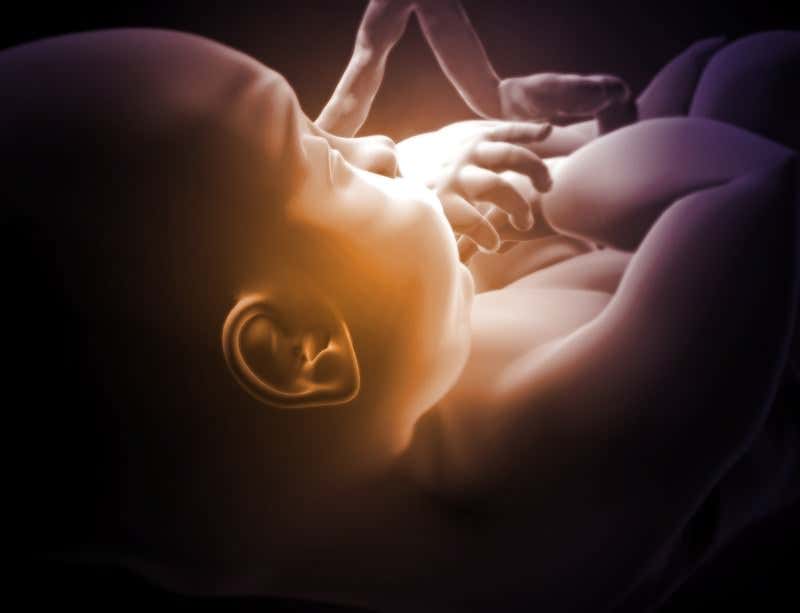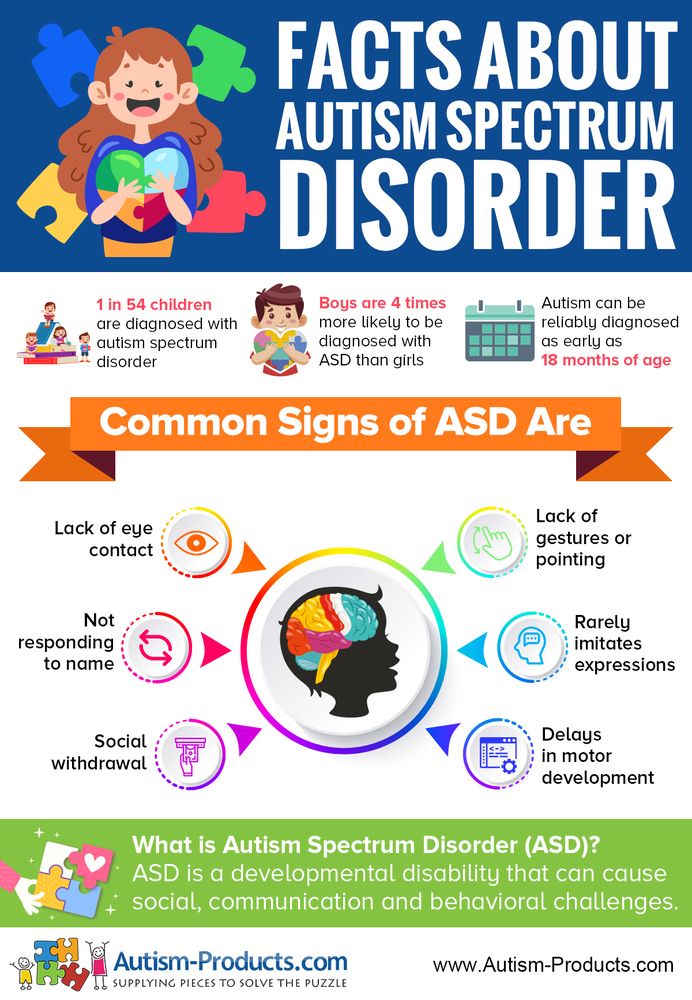How many legal parents can a child have
How Many Parents?
April 01, 2018
MultiparentBy: Tiffany L. Palmer
Share:Today's families are raising children in increasingly diverse and constantly evolving family forms. Divorce, cohabitation, remarriage, LGBT marriage equality, assisted reproduction options, and other reflections of social change are producing scenarios in which children are increasingly being parented by more than two people. Sometimes multiparenting situations arise out of circumstances that develop after a child is born. A newer trend, however, one in which a family is formed with three or more co-parents by choice prior to conception, is emerging. Assisted reproduction options, for example, may result in individuals deciding together to conceive a child who will have more than two parents. How the law recognizes these multiparent families varies significantly across the country, but many legislatures and courts are responding to these social trends with legal findings that a child may have more than two parents or have two legal parents and a third person who is legally recognized as having some parental rights and responsibilities.
Formal and affirmative recognition of legal parentage comes with significant financial rights and benefits, including the right to seek child custody, Social Security benefits, and inheritance rights, and to make medical and important legal decisions for a child. It also comes with the responsibility and obligation of child support. The vast majority of states, however, still only recognize two individuals as legal parents even though, in today’s modern families, it is quite common to have more than two people parenting a child.
Multiparent Families By Chance
For many years, courts have recognized the rights of parental figures as third parties to seek custody for children they have formed parental bonds with during a period of cohabitation with the child’s legal parent. The terminology varies from state to state, but the concept is similar and provides a person other than a legal parent standing to seek custodial rights to a child where that person has acted in the place of a parent.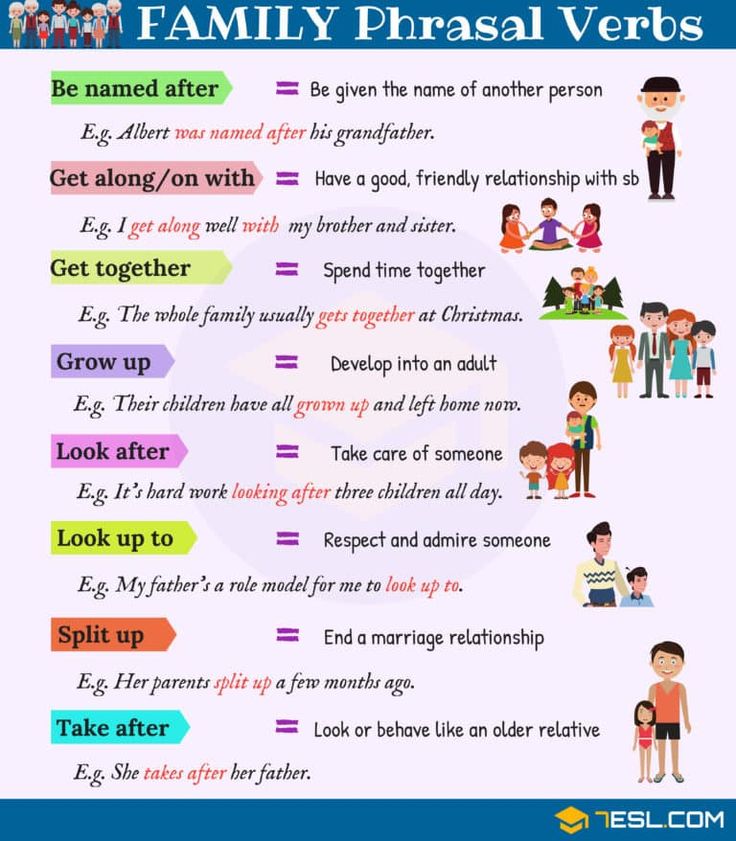 For example, New Jersey refers to such individuals as “psychological parents,” as discussed in V.C. v. M.J.B., 748 A.2d 539 (2000). Pennsylvania uses the term “in loco parentis,” as discussed in T.B v. L.R.M., 786 A.2d 913 (2001). Other states have enacted statutory provisions that address this type of standing, including Arizona, Ariz. Re. Stat. Ann. § 25-409; Colorado, Colo. Rev. Stat. § 14-10-123; and Indiana, Ind. Code § 31-9-2-35.5.
For example, New Jersey refers to such individuals as “psychological parents,” as discussed in V.C. v. M.J.B., 748 A.2d 539 (2000). Pennsylvania uses the term “in loco parentis,” as discussed in T.B v. L.R.M., 786 A.2d 913 (2001). Other states have enacted statutory provisions that address this type of standing, including Arizona, Ariz. Re. Stat. Ann. § 25-409; Colorado, Colo. Rev. Stat. § 14-10-123; and Indiana, Ind. Code § 31-9-2-35.5.
In contrast, some states, such as Tennessee, severely limit or do not recognize such rights. See In re Thompson, 11 S.W.3d 913 (Tenn. Ct. App. 1999, appeal denied, Jan. 24, 2000). The Tennessee Supreme Court has declined to review subsequent cases that could have overturned this 1999 decision. Other courts, however, are examining prior decisions and redefining the definition of parent to include nonbiological, nonadoptive co-parents. Most strikingly, in 2016 in Matter of Brooke S.B. v. Elizabeth A.C.C., 28 N.Y. 3d 1 (2016), New York’s Court of Appeals overruled the twenty-five- year precedent of Alison D. v. Virginia M., 77 N.Y.2d 651 (1991), by reversing Matter of Brooke S.B. v. Elizabeth A.C.C., 129 A.D.3d 1578 (2015) and affirming Matter of Estrellita A. v. Jennifer L.D., 123 A.D.3d 1023 (2014). The court stated that “where a partner shows by clear and convincing evidence that the parties agreed to conceive a child and to raise the child together, the non-biological, non-adoptive partner has standing to seek visitation and custody under Domestic Relations Law Section 70.” However, the court left open questions of multiparent families such as those raised by situations where a biological parent later acquires a partner who assumes a parental role towards a child.
3d 1 (2016), New York’s Court of Appeals overruled the twenty-five- year precedent of Alison D. v. Virginia M., 77 N.Y.2d 651 (1991), by reversing Matter of Brooke S.B. v. Elizabeth A.C.C., 129 A.D.3d 1578 (2015) and affirming Matter of Estrellita A. v. Jennifer L.D., 123 A.D.3d 1023 (2014). The court stated that “where a partner shows by clear and convincing evidence that the parties agreed to conceive a child and to raise the child together, the non-biological, non-adoptive partner has standing to seek visitation and custody under Domestic Relations Law Section 70.” However, the court left open questions of multiparent families such as those raised by situations where a biological parent later acquires a partner who assumes a parental role towards a child.
Not all courts are embracing the new “modern” family. In 2014, the Wyoming Supreme Court rejected the trend of recognizing the right to file for custody for a de facto parent. In L.P. v. L.F., 338 P. 3d 908 (Wyo. 2014), the court held that a man who was not genetically related to the child he helped raise had no right to file for custody as a parent or a de facto parent when the biological mother sought to disprove his paternity.
3d 908 (Wyo. 2014), the court held that a man who was not genetically related to the child he helped raise had no right to file for custody as a parent or a de facto parent when the biological mother sought to disprove his paternity.
Expansion of Rights
While courts in states such as Wyoming and Tennessee are declining to expand the definition of “parent” and the class of people who may file for custody, other state courts such as those in New Jersey are doing the opposite. In 2014, a New Jersey appellate court expanded on its psychological parent doctrine and held that three women all had custodial rights to a child. In KAF v. DLM, 96 A.3d 975 (N.J. Super. Ct. App. Div. 2014), the former domestic partner of the birth mother was awarded standing to file for custody of the child she had lived with and co-parented for years even though child had two involved and fit legal parents and one of those parents did not consent to the involvement of the domestic partner.
The child’s parents, K.A.F., the birth mother, and F.D., the adoptive mother, were a same-sex couple who separated in 2004, less than two years after the child was born. They shared custody following the separation. D.L.M. became romantically involved with K.A.F. and moved in with her immediately following the separation from F.D. D.L.M. and K.A.F. equally shared parental responsibility for the child when he resided in their home, but they separated when the child was eight years old and the birth mother severed all contact with D.L.M. D.L.M. then filed a complaint for parenting time, alleging that she was a psychological parent. The trial court judge dismissed the case on summary judgment, finding that the case turned on the lack of consent and that F.D. never consented to D.L.M.’s parental role as a psychological parent in the child’s life. The trial court held that where there are already two fit parents in a child’s life, a third party cannot claim to have been a psychological parent without the consent of both parents. The appellate division panel unanimously overruled that decision, paving the way for more stepparents to be able to seek custodial rights in the future.
The appellate division panel unanimously overruled that decision, paving the way for more stepparents to be able to seek custodial rights in the future.
Expansion of Responsibilities
This expansion of custodial rights may also bring with it expanded financial responsibilities. The in loco parentis status not only gives rise to a right to seek custodial time after a separation but may also trigger an obligation to pay child support. Unclear roles in assisted reproduction conception with known donors can sometimes result in unintended consequences and obligations. If a couple does not enter into a contract with a known donor and does not file a subsequent adoption and the donor remains involved in the child’s life, the donor may be a father in the eyes of the law and have parental rights and responsibilities.
A Pennsylvania appellate court addressed this question over a decade ago. In Jacob v. Shultz-Jacob, 923 A.2d 473 (Pa. Super. Ct. 2007), a lesbian couple conceived two children through donor insemination, using a friend as a known sperm donor. The couple subsequently separated, and a custody dispute ensued. The biological mother received shared legal and primary physical custody of the children, and her former partner received shared legal custody and partial physical custody based upon her in loco parentis status with respect to the children. The sperm donor was awarded partial physical custody of the children based on his involvement after they were born.
The couple subsequently separated, and a custody dispute ensued. The biological mother received shared legal and primary physical custody of the children, and her former partner received shared legal custody and partial physical custody based upon her in loco parentis status with respect to the children. The sperm donor was awarded partial physical custody of the children based on his involvement after they were born.
After the custody determination, the court addressed the support obligations of the parties. The biological mother sought child support from her former partner, and the former partner sought to join the sperm donor in the support action, arguing that he was essentially a third parent to the children. Her request for joinder was denied by the trial court, and an appeal of both the custody and support orders was initiated. The superior court held that the sperm donor should have been joined in the support action as an indispensable party because his obligation to provide support is statutorily imposed as a biological parent. The court noted that the sperm donor’s involvement with the children was beyond the merely biological. The court relied upon the fact that the donor had maintained a relationship with the children, contributed to their financial support, and encouraged the children to call him “papa.” The court affirmed the award of custody and remanded it to the trial court with directions that the sperm donor be joined as an indispensable party and that the support computation be recalculated to factor in all three parties’ incomes, thus opening the door for “three-parent” support orders.
The court noted that the sperm donor’s involvement with the children was beyond the merely biological. The court relied upon the fact that the donor had maintained a relationship with the children, contributed to their financial support, and encouraged the children to call him “papa.” The court affirmed the award of custody and remanded it to the trial court with directions that the sperm donor be joined as an indispensable party and that the support computation be recalculated to factor in all three parties’ incomes, thus opening the door for “three-parent” support orders.
Multiparent Families by Choice
Multiparent planned families take many forms, but one type involves a same-sex couple who conceives a child with an involved third person who shares a biological connection with the child and who, unlike a donor or surrogate, chooses to co- parent. Additionally, polyamory, the practice of being in intimate relationships with more than one partner with the knowledge and consent of all partners, may result in a co-parent arrangement if the family unit decides to have a child together.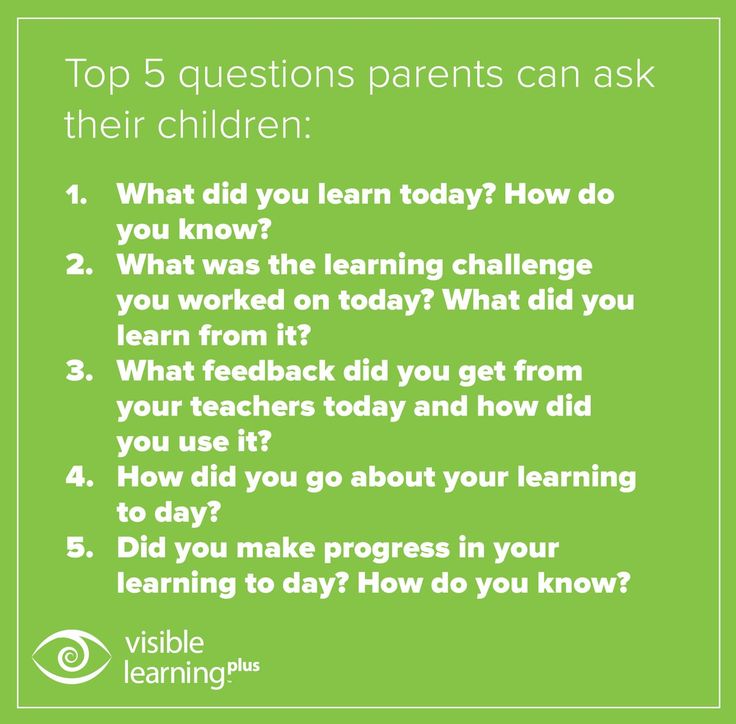
Even members of a planned multiparent family may later find themselves in a court conflict. DG & SH v. KS, 133 A.3d 703 (N.J. Super. Ct. App. Div. 2015), concerned Sam and Darren, two men married to each other, who decided to have a child with Kitty, their best friend, who was to serve as a traditional surrogate. Their situation is an example of an arrangement that started as a modern love story and ended in a court custody battle. The three decided to conceive a child with Kitty’s egg and Darren’s sperm. It was the parties’ intention that all three would be parents. Five years later, however, problems arose when Kitty fell in love with a man who resided in California and sought to relocate there. The court acknowledged the original intention to form a “tri-parenting” relationship and held that Sam, the nonbiological father, was a psychological parent to the child and stood in parity to legal parents. Although this family had originally intended for the child to have three parents, the court declined to create a legal parent in Sam, holding “This court does not have the jurisdiction to create a new recognition of legal parentage other than that which already exists—genetic contribution, adoption, or gestational primacy. ” However, the court did conclude that the three parties should have equal legal custody and residential custody of the child, and Kitty’s request to relocate to California was denied.
” However, the court did conclude that the three parties should have equal legal custody and residential custody of the child, and Kitty’s request to relocate to California was denied.
The majority of courts examining multiparent families hold, as the court did in DG & SH v. KS, that even in a situation where a child views three people as parents, the law may still only view two of them as full legal parents. This may be changing. A handful of states have granted “third-parent adoptions” that affirmatively recognize three full legal parents. Such adoptions have been granted in Alaska, Florida, Oregon, Massachusetts, and Maryland. They typically involve two women in a couple who conceive a child with a man who, unlike a sperm donor, wants to retain full parental rights and responsibilities. These adoptions create three full equal legal parents, with all the rights, responsibilities, benefits, and obligations of legal parenthood.
Legislative Developments
Legislative changes are also opening the door to full legal recognition of arrangements in which children have more than two parents.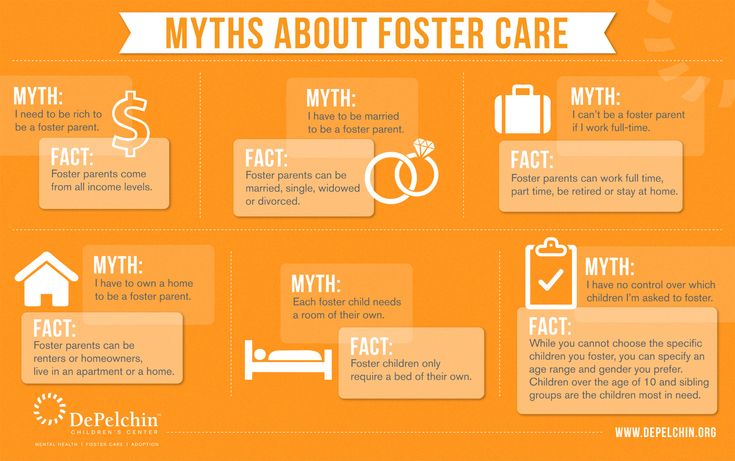 In recent years, a few states have gone so far as to enact statutes that codify this trend. California was the first state to do so, and in 2013, it enacted amendments to California’s Uniform Parentage Act to state explicitly that a court may find a child to have more than two legal parents. Cal. Fam. Code § 7601(c). It further clarified how existing custody and child support rules would apply to scenarios where there are more than two parents. Cal. Fam. Code § 7601(d). Since then, Maine has followed with an updated, comprehensive statutory framework for determining a child’s legal parentage, which also provides that a child may have more than two legal parents. The Maine Parentage Act, Me. Stat. tit. 19-A, ch. 61, which took effect in July 2016, codifies the many permutations and realities of the lives of children that may result in having more than two people who are parents to them. It contemplates assisted reproduction conceptions and de facto parents, and it clarifies martial presumptions in a gender-neutral manner.
In recent years, a few states have gone so far as to enact statutes that codify this trend. California was the first state to do so, and in 2013, it enacted amendments to California’s Uniform Parentage Act to state explicitly that a court may find a child to have more than two legal parents. Cal. Fam. Code § 7601(c). It further clarified how existing custody and child support rules would apply to scenarios where there are more than two parents. Cal. Fam. Code § 7601(d). Since then, Maine has followed with an updated, comprehensive statutory framework for determining a child’s legal parentage, which also provides that a child may have more than two legal parents. The Maine Parentage Act, Me. Stat. tit. 19-A, ch. 61, which took effect in July 2016, codifies the many permutations and realities of the lives of children that may result in having more than two people who are parents to them. It contemplates assisted reproduction conceptions and de facto parents, and it clarifies martial presumptions in a gender-neutral manner.
Other states may follow, as the newest version of the Uniform Parentage Act (UPA), approved in July 2017 by the National Conference of Commissioners on Uniform State Laws, specifically includes a proposed provision for a child to have more than two legal parents. Section 613 addresses competing claims of parentage. Section 613(c), Alternative B states: “The court may adjudicate a child to have more than two parents under this [act] if the court finds that failure to recognize more than two parents would be detrimental to the child.”
Some states may already be incorporating this new UPA version into their statutory laws. For example, in 2017, Vermont enacted legislation to establish a “Parentage Study Committee” to examine and provide recommendations about how to modernize parentage laws in recognition of the “changing nature of families,” and this may result in statutory recognition of more than two parents. In January 2018, the “Vermont Parentage Act” was introduced through House Bill 562 in the Vermont General Assembly. Washington State also has pending legislation in the Senate through Senate Bill 6037 - 2017-18, introduced in January 2018, to adopt this newest version of the 2017 UPA, paving the way for a more expansive legal recognition of all the variations of modern families. fa
Washington State also has pending legislation in the Senate through Senate Bill 6037 - 2017-18, introduced in January 2018, to adopt this newest version of the 2017 UPA, paving the way for a more expansive legal recognition of all the variations of modern families. fa
Proactive Legal Planning to Avoid Future Legal Challenges
Absent formal recognition and establishment of legal parentage, certain rights and responsibilities can be created for a third party who is acting in a parental capacity through custody and support agreements, consents to medical treatment for minors, and estate planning tools such as guardianship nominations or designations. Since the laws governing legal parentage vary significantly from state to state, clearly establishing the parent-child legal relationship may protect the family from future challenges to parentage, custody, child support, and inheritance rights, among other issues. Attorneys experienced in representing multiparent families and in assisted reproduction laws can help clients understand and secure their parental rights by exploring legal ways to recognize custodial or guardianship rights. Such proactive legal planning may prevent custody conflicts and challenges to standing and parentage and may protect a child’s established bonds with a person who is a parent in his or her eyes even if that person is not a parent in the eyes of the law.
Such proactive legal planning may prevent custody conflicts and challenges to standing and parentage and may protect a child’s established bonds with a person who is a parent in his or her eyes even if that person is not a parent in the eyes of the law.
Additionally, for families conceiving through assisted reproduction arrangements with third parties, legal consultation is recommended (and sometimes required by fertility clinics). Contracts governing the rights, responsibilities, and intentions of the parties involved should be entered into prior to the conception of a child. The laws governing assisted reproduction vary significantly from state to state and may result in unintended consequences if parties are not aware of jurisdictional differences. Gestational surrogacy agreements are enforceable in some states and not in others. For example, in 2015, an appellate court in Pennsylvania clarified the enforceability of gestational surrogacy agreements in In Re Baby S. 128 A.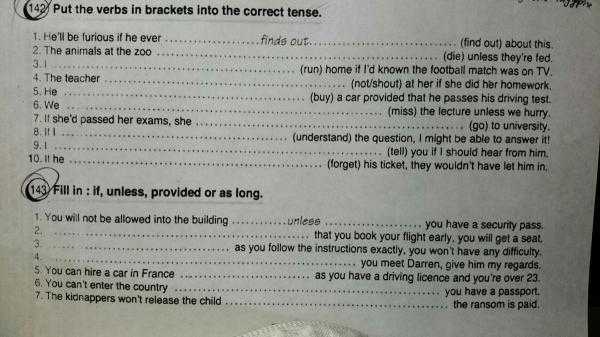 3d 296 (Pa. Super. Ct. 2015), while other states such as New Jersey have longstanding precedents that remain a legal bar to entering into enforceable surrogacy contracts. See In Re Baby M., 537 A.2d 1227 (N.J. 1988). If an agreement is deemed to be unenforceable, a “surrogate” will then be a legal mother.
3d 296 (Pa. Super. Ct. 2015), while other states such as New Jersey have longstanding precedents that remain a legal bar to entering into enforceable surrogacy contracts. See In Re Baby M., 537 A.2d 1227 (N.J. 1988). If an agreement is deemed to be unenforceable, a “surrogate” will then be a legal mother.
New Jersey’s public policy bar to recognition of gestational surrogacy agreements may, however, be changing soon. In January 2018, the New Jersey Gestational Carrier Agreement Act was introduced in the New Jersey Senate as a comprehensive statute to recognize and enforce gestational carrier agreements and bring New Jersey out of the 1980s by superseding the Baby M case. It is expected to pass and be signed into law by the new Governor Phil Murphy.
The traditional surrogacy arrangement, in which a surrogate is genetically related to the baby she is carrying, remains riskier in terms of legal validity, and such arrangements are rarely enforceable to terminate the parental rights of the surrogate. See, e.g., Rosecky v. Schissel, 822 N.W.2d 883 (Wis. 2012). Clearly delineating how many parents a child will have and who are intended to be those parents within the bounds of the laws of the state that allows such arrangements may prevent future conflicts over parentage in such assisted reproduction arrangements.
See, e.g., Rosecky v. Schissel, 822 N.W.2d 883 (Wis. 2012). Clearly delineating how many parents a child will have and who are intended to be those parents within the bounds of the laws of the state that allows such arrangements may prevent future conflicts over parentage in such assisted reproduction arrangements.
Topic:
- Family
The material in all ABA publications is copyrighted and may be reprinted by permission only. Request reprint permission here.
Tiffany L. Palmer
TIFFANY L. PALMER ([email protected]) is a partner and founding member of Jerner & Palmer, P.C. Her practice is focused on family formation through adoption and assisted reproduction law, as well as on litigation involving legal parentage issues and complex family law dissolution cases. Tiffany currently serves as the director of the National LGBT Bar Association’s Family Law Institute.
Tiffany currently serves as the director of the National LGBT Bar Association’s Family Law Institute.
Three (Parents) Can Be A Crowd, But For Some It's A Family : NPR
On a Sunday morning, 7-year-old Maisie shows off her pink bedroom in her family's Connecticut home. It could be an early morning scene in any household, until you look closely at the family photo above Maisie's bed. Her older sister Ella explains.
"I have three parents and a little sister," the 10-year-old says.
The man in the photo, Howard Forman, was the sperm donor for Ella's two mothers, Kristin Mattocks and Kim Callicoatte.
The family's arrangement isn't informal, it's legally recognized. As American families change and parental responsibilities move in new directions, a growing number of states are allowing children to have three or more legal parents.
It wasn't always clear Maisie's family photo would look like this. Initially, Forman was just friends with Mattocks and Callicoatte.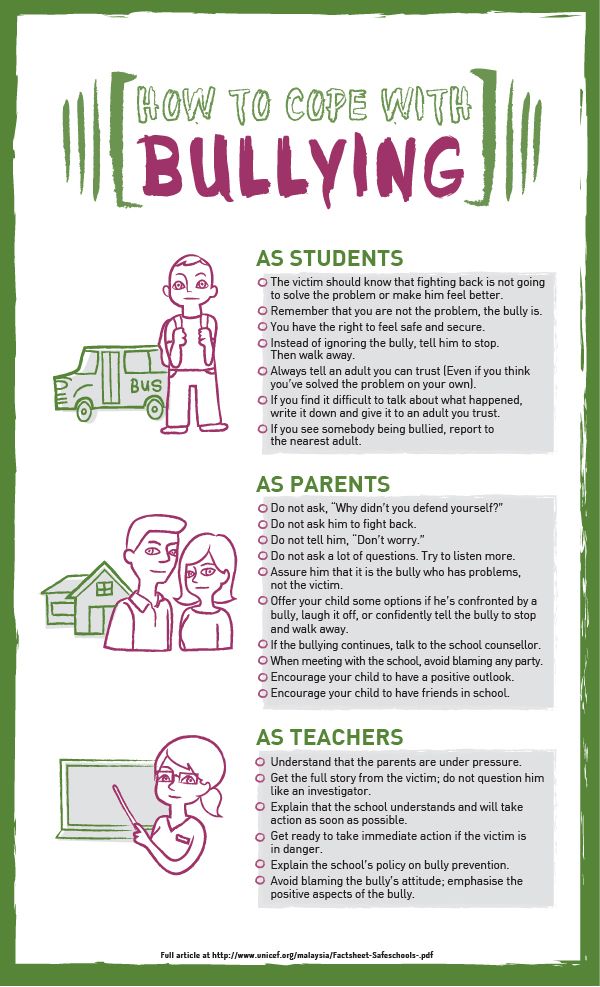 Then he agreed to be their sperm donor. Once Ella arrived, he became the babysitter. Next, he was more like an uncle. And when Ella was about 1 year old, Ella's grandmother taught her to say "daddy."
Then he agreed to be their sperm donor. Once Ella arrived, he became the babysitter. Next, he was more like an uncle. And when Ella was about 1 year old, Ella's grandmother taught her to say "daddy."
"We had never even talked about it up until that point," Forman says. "And so I would pull up in my car and Ella would be screaming, 'Daddy, Daddy, Daddy!' So I became Daddy, which was the best feeling in the world."
The girls knew what to call him, but the law wasn't sure.
Legal Consequences
In most states, children can have only two legal parents, and this leaves some families in limbo.
"The reality is many children are being raise by more than two adults, and the courts do not have a remedy," says Joyce Kauffman, a family lawyer in Boston who has worked on several of these cases.
Forman hired her to help make his family photo possible, but there was a problem. Connecticut is one of those states without a three-parent option.
Only a handful of places have allowed three-parent families: Louisiana, Delaware, Pennsylvania, D.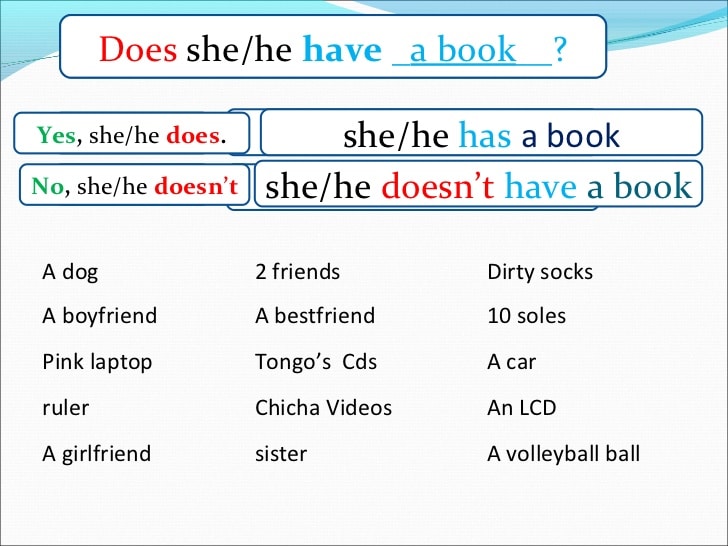 C., Oregon, Washington, Massachusetts and Alaska.
C., Oregon, Washington, Massachusetts and Alaska.
Last year, California Gov. Jerry Brown signed a law allowing multiple parents, adding his state to that list. Some states have done it through the legislature; others through the courts and adoption proceedings.
Experts like Kauffman aren't sure exactly how many states allow three or more parents, but they estimate it is as many as 10. Because of privacy concerns in adoption law there is a lot of legal gray area.
Turning a parental figure into a legal parent has several significant effects.
"If you're not a legal parent you face the very real risk of losing all contact with the child you have been raising," Kauffman says.
Benefits of legal status include social security, inheritance and the authority to make medical decisions. Government-recognized parenthood also clarifies financial responsibilities.
In fact, those monetary issues prompted some of the first cases. Thirty years ago in Louisiana, it wasn't about same-sex couples or even step-parents. It was about a married woman having an affair and getting pregnant. The question arose: Is the husband or the biological father the dad? Typically it's the husband, but if the mother wants child support from the biological father, Louisiana can declare them both dads.
It was about a married woman having an affair and getting pregnant. The question arose: Is the husband or the biological father the dad? Typically it's the husband, but if the mother wants child support from the biological father, Louisiana can declare them both dads.
Kauffman says the financial issues are important, but really it's the relationship that's crucial for a child.
"For the girls, it makes it seem solid and it is like everyone else. So that's the benefit," says Kim Callicoatte, one of Maisie's moms.
Her family was able to officially have three parents after the couple and their daughters moved to Massachusetts, where such an arrangement is legal, in 2009. (Forman still lives in Connecticut.)
"I didn't think it was going to be so clarifying, but having the acknowledgement of the state government has made us much more trusting of each other," Forman says.
The Skepticism
Not everyone thinks three-parent families are a good idea. There are religious groups that disapprove, believing that parenting and marriage should be between a man and a woman. And there are other skeptics, too.
There are religious groups that disapprove, believing that parenting and marriage should be between a man and a woman. And there are other skeptics, too.
Bradford Wilcox, a professor at the University of Virginia and director of The National Marriage Project, says this is uncharted territory.
"I think the concern here is that three parents will have more difficulty giving their children the kind of consistency and stability that they need to thrive as children and as young adults as well," Wilcox says.
It's often a matter of practicalities as well, Wilcox says, and co-parenting is often a challenging enterprise.
"It's obviously challenging for many married parents navigating that shared undertaking, and you add one more person to the mix and I think it can become more difficult," he says.
Wilcox does acknowledge that legal protection could give children more stability.
Forman believes his three-parent arrangement is a lot better than some marriages, and he says the kids know it.
"They have seen divorced parents where the mother and father are angry with each other. We're not," he says. "We get along, we do the swim meets together [and] we enjoy each other's company."
They're proud of their two children, but this mom, dad and mom are also proud of each other.
How can the school influence parents who do not take their children to school? The municipality requires us to make yard rounds and ensure attendance, but we do not have free employees for this, and no matter how many times you make these rounds, if the parent re
| How can the school influence parents who do not send their children to school? The municipality requires us to make yard rounds and ensure attendance, but we don’t have free workers for this, and no matter how much you make these rounds, if the parent of the child does not take him to school, you won’t convince him with the help of the teacher - they simply won’t open the door for him. And other parents refuse to transfer the child to an institution that works according to an adapted program. Anna Vavilova The new Federal Law “On Education in the Russian Federation” does not introduce any specific responsibility of parents for providing education to their children. At the same time, it provides parents with a number of opportunities to make major decisions in the field of children's education, to perform a number of actions in order to ensure the opportunity to receive this education (for example, choose education in an educational organization and ensure attendance, choose an educational program, for example, adapted). If parents do not fulfill their obligations to ensure that their children receive a general education, only the general mechanisms for monitoring the fulfillment of parental obligations established in family law can operate. According to article 65 of the Family Code, parental rights cannot be exercised in conflict with the interests of children. Ensuring the interests of children should be the main concern of their parents. Parents exercising parental rights to the detriment of the rights and interests of children are liable in accordance with the procedure established by law (restriction or deprivation of parental rights). At the same time, I would like to emphasize that these mechanisms require the participation of guardianship and guardianship authorities. According to Article 56 of the Family Code, the protection of the rights and legitimate interests of the child is carried out by the parents (persons replacing them), and in cases provided for by the Code, by the guardianship and guardianship authority, the prosecutor and the court. The educational organization is not included in the list of these persons, as follows from family law. If, for example, parents do not take their child to school, or refuse to choose a feasible (adapted) educational program for him, these actions are committed against the interests of children. The fact that the functions of guardianship and guardianship authorities - the functions of monitoring the conscientiousness of parents, the performance of their parental duties, so that they act in the interests of children - they are trying to assign to the school is not true, because. the educational organization simply does not have the appropriate powers and there are no means of influence. In the event of such situations, an educational organization should involve guardianship and guardianship authorities, which should solve problems of this kind. Comment section: Students and parents/representatives General education Share: |
Parents “with consent” and children without trial: what is behind the amendments to the Family Code .
 If the amendments are adopted, this will be one of the most ambitious reforms in the history of family law since 1995 years in general, and parent-child relations in particular. With a more detailed consideration and analysis of the document, the question of whether children in Russia will live as well as the legislator promises, and whether the number of guarantees for the protection of their rights is really increasing, still remains debatable.
If the amendments are adopted, this will be one of the most ambitious reforms in the history of family law since 1995 years in general, and parent-child relations in particular. With a more detailed consideration and analysis of the document, the question of whether children in Russia will live as well as the legislator promises, and whether the number of guarantees for the protection of their rights is really increasing, still remains debatable. Protection of the family from “destruction”
In addition to intricacies in legal technique and the introduction of a number of new concepts, the bill provides for a significant increase in the number of principles on which the family should be built, for example, the authority of parents, the presumption of their good faith, the independence of spouses in making decisions about their lives, common family traditions and values, mutual rights and responsibilities to each other, and others.
Known to everyone since childhood, the principles of “be patient, fall in love”, “beat means love” and the method of “carrot and stick” received a new life and now sound like “the inadmissibility of destroying or creating a threat of destruction of a family against the will of its members, including in the case of protection of the rights and legitimate interests of individual family members who, due to their helpless state or age, cannot protect themselves on their own.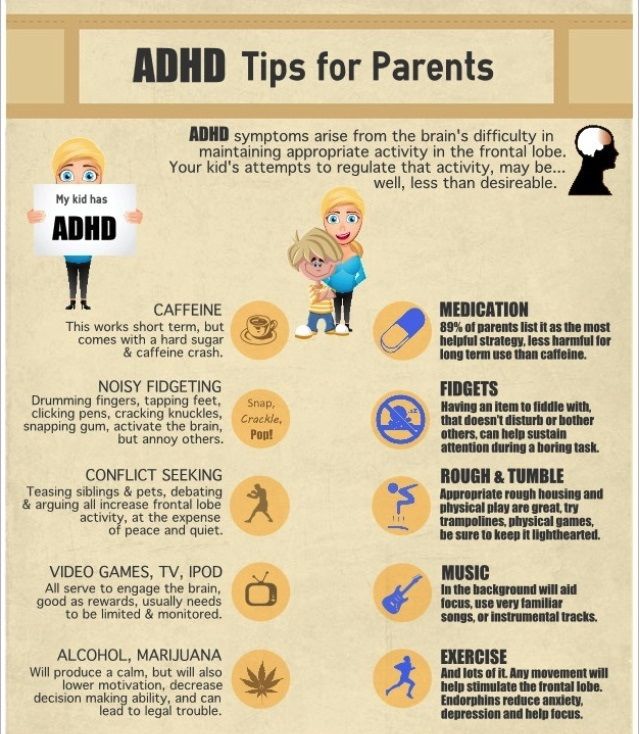 In conjunction with the release of third parties who became aware of a threat to the life or health of a child, a violation of his rights and protection of legitimate interests, from the obligation to report this to the guardianship and guardianship authority, guardianship and guardianship authorities from the obligation to appoint a representative to protect the rights and interests children in the event of disagreements between parents and children, depriving a child of the right to go to court from the age of 14 in case of violation by parents of his rights and legitimate interests, and the introduction of any negative consequences only for cases of misconduct of parents, established by a court decision, it seems that there are no tools left to protect the rights of children from abuse and (or) self-exclusion of parents from their upbringing (for example, in the case of issuing consent to it to other persons before the child reaches 18 years of age). In pursuance of this principle, it is proposed to abolish such grounds for the removal of a child as a direct threat to the life of the child or his health, which indirectly indicates that the family is becoming a completely autonomous and closed cell of society, and the choice of methods for raising children belongs to the full discretion of the parents, intervention in cases which are possible only in extreme cases.
In conjunction with the release of third parties who became aware of a threat to the life or health of a child, a violation of his rights and protection of legitimate interests, from the obligation to report this to the guardianship and guardianship authority, guardianship and guardianship authorities from the obligation to appoint a representative to protect the rights and interests children in the event of disagreements between parents and children, depriving a child of the right to go to court from the age of 14 in case of violation by parents of his rights and legitimate interests, and the introduction of any negative consequences only for cases of misconduct of parents, established by a court decision, it seems that there are no tools left to protect the rights of children from abuse and (or) self-exclusion of parents from their upbringing (for example, in the case of issuing consent to it to other persons before the child reaches 18 years of age). In pursuance of this principle, it is proposed to abolish such grounds for the removal of a child as a direct threat to the life of the child or his health, which indirectly indicates that the family is becoming a completely autonomous and closed cell of society, and the choice of methods for raising children belongs to the full discretion of the parents, intervention in cases which are possible only in extreme cases.
The new principles actually indicate that parents are now allowed everything in relation to their children, until the court decides otherwise. The right to apply to it is vested in a limited number of persons and only on grounds specified in the law. If no one takes legal action, the parents are presumed to be in good faith even when they do not pay child support, abuse or treat their children. It is forbidden to take children from such families without a court decision. Until its adoption, children will continue to live with their parents, which is of particular concern in conjunction with the exclusion of the provisions on the inadmissibility of exercising parental rights in conflict with the interests of children, as well as on the obligation of parents not to harm the physical and mental health of the child, his moral development, on the prohibition of the implementation of unacceptable methods of raising children (disdainful, cruel, rude, degrading treatment, abuse or exploitation of children).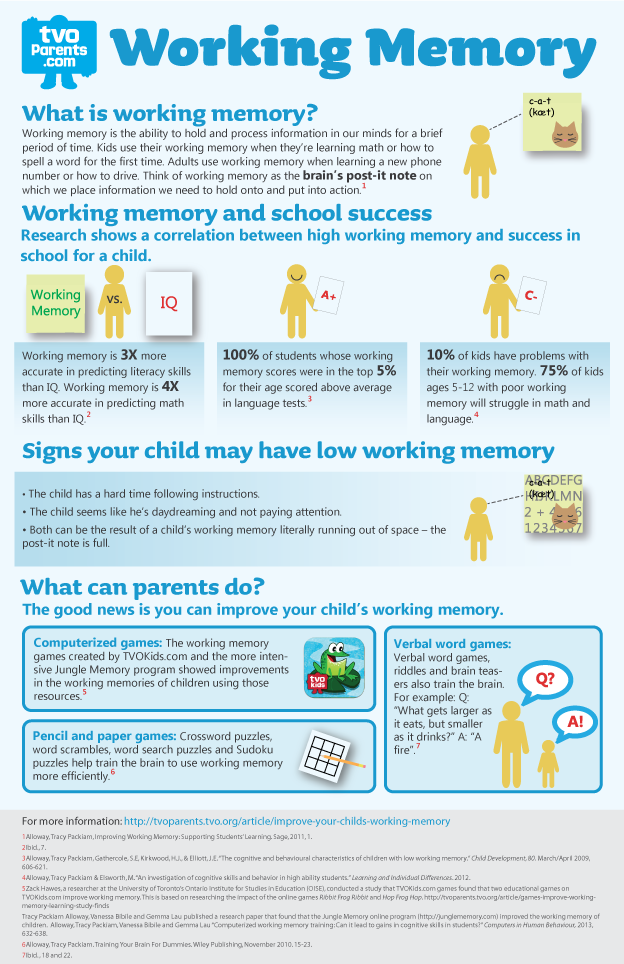
Exclusion of the principle of prompt response to a violation of children's rights upon notification of any persons who become aware of this, as a basic guarantee of ensuring the safety of the life and health of a child in a family, as a result, can lead to irreparable consequences and destroy any fate, and make children completely invisible to society and the state behind the always “right” parents, who “know better”.
Children and abroad
The draft law proposes to exclude a direct indication of the child's right to communicate with parents if they live in different states, limiting themselves to general formulations. Against the backdrop of the large-scale relocation of our citizens to other states for the country, the unceasing growth in the number of divorces, and regularly arising disputes about international abduction or retention of children, they retain the right to maintain personal relations and direct contacts with both parents on a regular basis, as guaranteed by the Convention on children's rights is critical. Together with the possibility of delegating the exercise of parental rights to other people, this can lead in a number of situations to a complete break in relations and alienation of the attachment of a child and a parent living abroad.
Together with the possibility of delegating the exercise of parental rights to other people, this can lead in a number of situations to a complete break in relations and alienation of the attachment of a child and a parent living abroad.
One family - one school
The current legislation gives full and half brothers and sisters the right to study in one school. The draft law proposes to retain the right to preferential admission to an educational organization only for those of them who live in the same family and have a common place of residence. As a result, this can lead to the fact that in the case of separation of parents and not communicating with each other, the brothers and sisters who remained to live with each of them will also lose any connection, the only place to maintain which for many of them was the school.
Parents “with consent”
The bill gives parents the right to involve relatives or other persons in the upbringing of the child. Such participation is voluntary, carried out at the request or with the consent of the parents, and does not require mandatory documentation. First of all, of course, we are talking about grandparents with whom the child lives, for example, during the summer holidays or when the parents are on a business trip, treatment (rehabilitation) or studying in another city or country.
First of all, of course, we are talking about grandparents with whom the child lives, for example, during the summer holidays or when the parents are on a business trip, treatment (rehabilitation) or studying in another city or country.
In addition, the draft law proposes to provide an opportunity to exercise the powers of a legal representative, if necessary, by other persons by issuing a notarized consent (for relatives and in-laws) or by submitting a written application for the appointment of a guardian (custodian) for a child indicating a specific person to the guardianship and guardianship authorities. Such consent is not absolute, it cannot include the child’s departure from the Russian Federation, the child’s acceptance of citizenship of another state or the adoption of a child, filing a lawsuit in his interests with a claim for deprivation or restriction of parental rights, transactions with the child’s property or from his name, issuance of powers of attorney on behalf of the child. In addition, it is impossible to give informed voluntary consent to medical intervention to provide a child with medical care (specialized and planned) and to refuse it, unless otherwise expressly provided in such consent.
In addition, it is impossible to give informed voluntary consent to medical intervention to provide a child with medical care (specialized and planned) and to refuse it, unless otherwise expressly provided in such consent.
Most of the questions are raised by the proposed form for empowering such persons with the authority to protect the rights and legitimate interests of the child - consent, and not a power of attorney, which, unlike it, can be revoked at any time. The bill speaks of the revocation of consent only in relation to the situation of its issuance by both parents, without specifying how disputes between them will be resolved if one of them refuses to withdraw it. The very term for which consent can be given - up to the age of 18 years of the child - is not consistent with the concept of "temporary nature" of cases of impossibility of exercising parental rights, which the amendment was originally intended to resolve. In practice, this can lead to situations similar to the well-known case of a girl who, with her parents alive and not deprived of parental rights, for the first 6 years of her life, lived unreasonably in a perinatal center - now parents, on quite legal grounds, will be able to entrust (and actually transfer) the implementation of their parental rights in relation to the child to unauthorized persons from birth until he reaches the age of majority. To what extent this is consistent with the right of a child to live and be brought up in a family, to communicate with both parents equally, and with other close relatives, remains unclear.
To what extent this is consistent with the right of a child to live and be brought up in a family, to communicate with both parents equally, and with other close relatives, remains unclear.
The bill also proposes to give parents the right to apply to the guardianship and guardianship authorities with a written application for the appointment of a guardian for the child, indicating a specific person in the event of their death or for the period when, for good reasons, they will not be able to exercise parental rights (business trip, rotational work , prolonged illness, being in custody, serving a sentence of imprisonment, etc.). Such an application must be submitted jointly, in case of disputes - they are subject to resolution in court. Thus, potentially it is the court that will decide who to appoint the child as a guardian, how to overcome the court decision and whether this can be done in principle in the future with the mutual consent of the parents - the bill says nothing. Since the subappointment of a guardian is also not provided for, in the event of a potential guardian's refusal to accept such an obligation or his death, the situation of placing a child in a family of interested people will remain unresolved.
Since the subappointment of a guardian is also not provided for, in the event of a potential guardian's refusal to accept such an obligation or his death, the situation of placing a child in a family of interested people will remain unresolved.
Removal of a child from the family
Today, the guardianship and guardianship authority has the right to immediately remove a child from the family in case of a direct threat to his life and health on the basis of an act drawn up by him. At the same time, as a rule, it is not social workers who take children from families, but internal affairs officers, most often at night at the request of neighbors in situations of drinking alcoholic beverages, debauchery, and violence. Only after the child has been taken away and placed in a medical organization, the guardianship and guardianship authority is obliged to ensure its temporary placement in a family or social institution and apply to the court with a claim for deprivation or restriction of parental rights. The law allocates 7 days for the entire procedure, if during this time the guardianship and guardianship authority does not go to court, the child must be returned to the parents.
The law allocates 7 days for the entire procedure, if during this time the guardianship and guardianship authority does not go to court, the child must be returned to the parents.
The draft law provides for two grounds for the removal of a child from parents - a court decision on the deprivation or restriction of parental rights / on the cancellation of adoption, which has entered into force (that is, until this moment the child continues to live in a family in which he may be in danger), and also an act of the body of guardianship and guardianship on the removal of the guardian (not the parents) from the performance of the assigned duties and the removal of the child. Thus, the removal of a child is no longer an immediate response to a violation of his rights.
Temporary protection of the child
In other cases, the child is entitled to “interim measures of protection”, which are applied in the presence of circumstances that caused the parents to be temporarily unable to exercise their rights and, therefore, threaten the life of the child, and terminate as soon as the specified circumstances.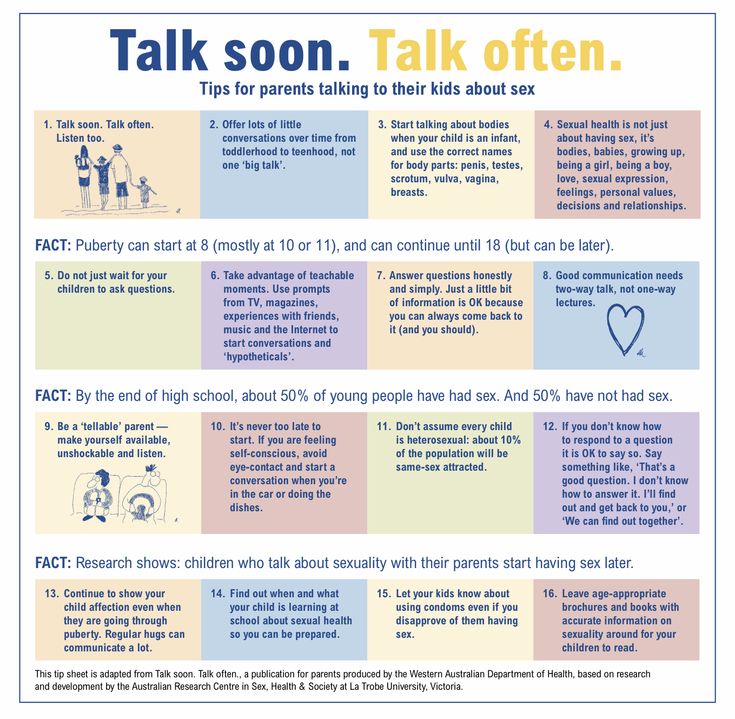 If it is possible for parents to exercise their rights, despite the presence of a threat of harm to the life or health of the child, these measures are not subject to application in exactly the same way as they are not subject to application if it is possible to transfer the child to another parent or other legal representative. Such measures are applied on the basis of an act drawn up by the social protection authorities, the police or guardianship and guardianship authorities.
If it is possible for parents to exercise their rights, despite the presence of a threat of harm to the life or health of the child, these measures are not subject to application in exactly the same way as they are not subject to application if it is possible to transfer the child to another parent or other legal representative. Such measures are applied on the basis of an act drawn up by the social protection authorities, the police or guardianship and guardianship authorities.
As a priority measure of protection, the draft law allocates the transfer of a child under temporary protection to persons who have previously been issued a notarized consent or who have been appointed by their parents as guardians on the basis of a written application, in the absence of such a child’s grandparents, and only then to other relatives, in-laws, stepfather, stepmother or other actual educators.
Alimony belongs to the child
The bill finally eliminates the problem of selective enforcement and clearly defines that the parties to the maintenance agreement are the parents (even after the child reaches 14 years old), and the maintenance belongs to the child, even if real estate is transferred to their account.
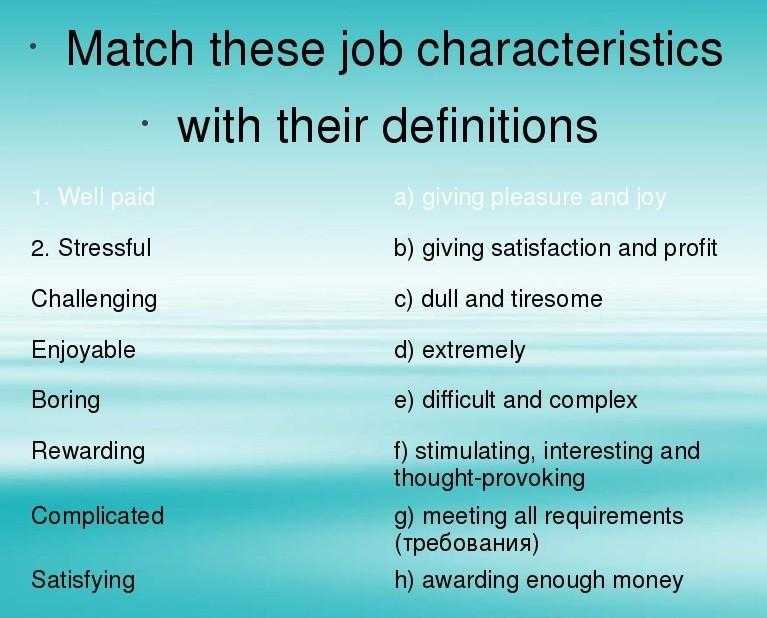 But he cannot study in a regular school, he will not be able to master such a program. Parents deliberately waited for the law to come out, and now they demand that he be left for re-education “as many times as necessary”, but they are making it worse for their own child! How to influence them?
But he cannot study in a regular school, he will not be able to master such a program. Parents deliberately waited for the law to come out, and now they demand that he be left for re-education “as many times as necessary”, but they are making it worse for their own child! How to influence them? 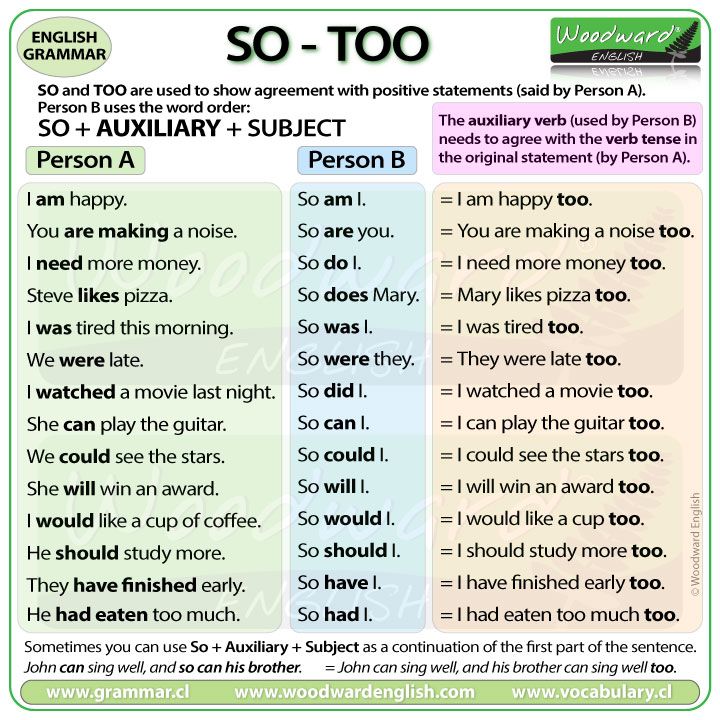
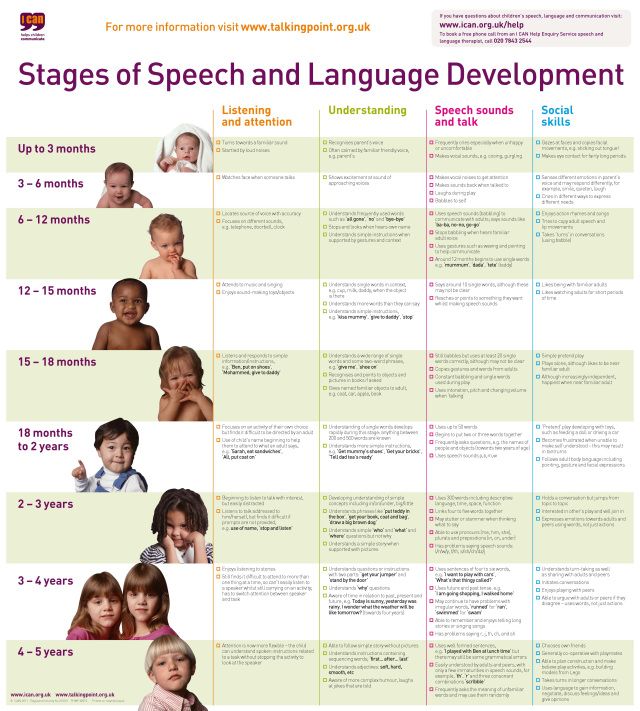 And in this case, it is not the school that should protect these interests, because. The school has no means of influencing parents. This is a matter for the guardianship and guardianship authorities, it is this system that should be actively involved in solving the problems that have arisen, influencing parents, up to decisions on the restriction and deprivation of parental rights.
And in this case, it is not the school that should protect these interests, because. The school has no means of influencing parents. This is a matter for the guardianship and guardianship authorities, it is this system that should be actively involved in solving the problems that have arisen, influencing parents, up to decisions on the restriction and deprivation of parental rights. 

